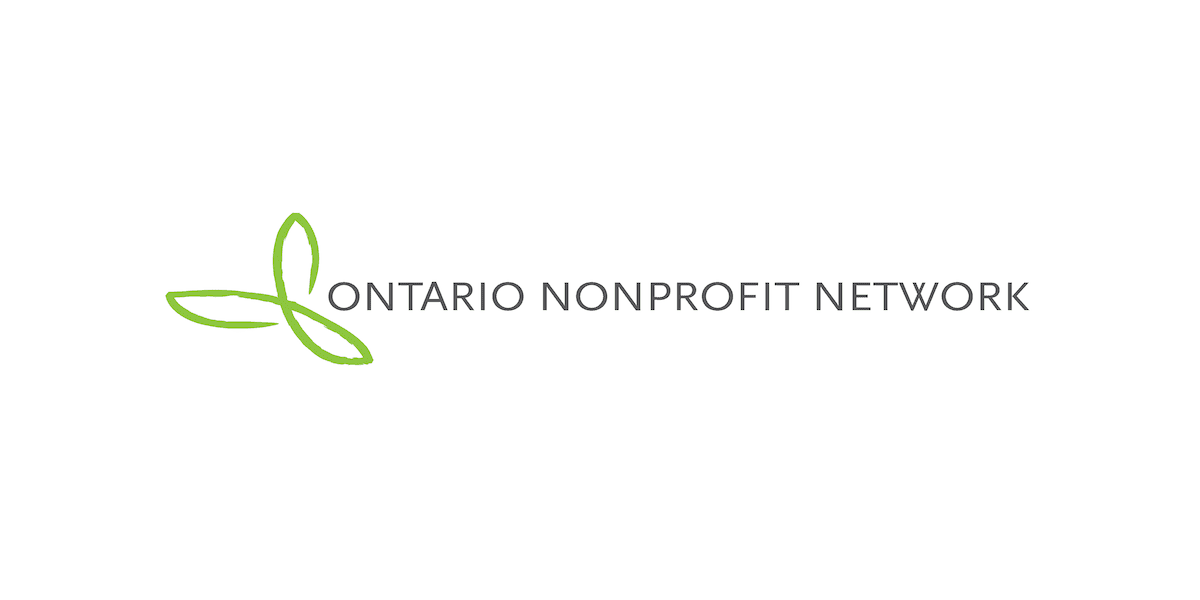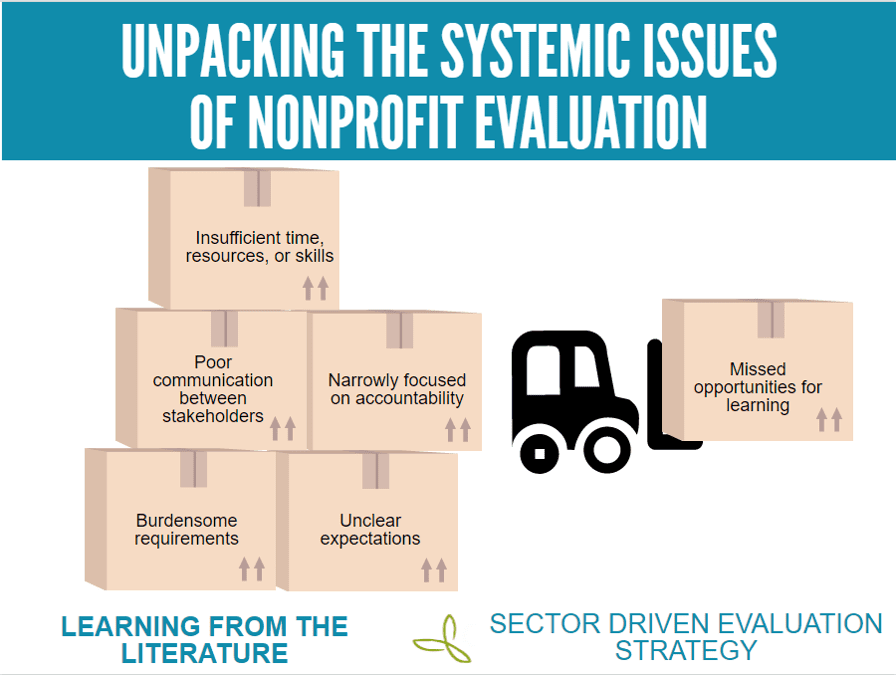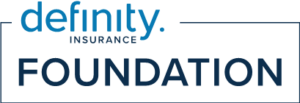Who sets the evaluation agenda? Five important discussion questions to make evaluation useful
Too often, an evaluation enters the mindset of a nonprofit as a fully formed process imposed on their organization by someone else. In other words, who sets the agenda? In many cases, nonprofits are told what to evaluate and how to evaluate it, and then are left to their own devices to get it done.
As one funder has noted, evaluation should be about accountability to communities where work happens, and not only to funders. So, how can nonprofits co-lead evaluation design so the results are useful to all stakeholders?
We know that nonprofits have many questions about the evaluation process, but don’t always feel like they have a way to voice these concerns. Power differences, policy constraints and resource limitations can get in the way. But, nonprofits want to know things like:
-
How will this evaluation be useful to staff and the organization overall?
-
Will there be any support provided to help staff complete the evaluation?
-
What will happen to the evaluation once it’s been submitted?
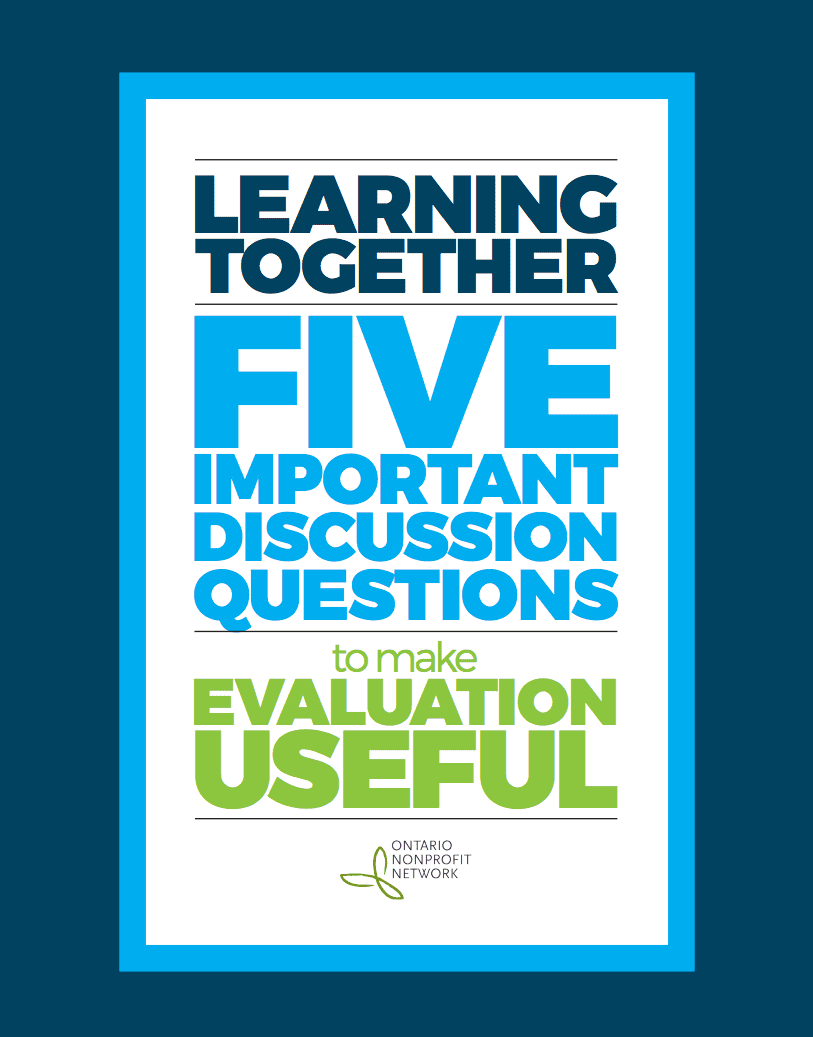 So, we’ve created a new guide to help nonprofits lead the evaluation agenda. Learning Together: Five Important Discussion Questions to Make Evaluation Useful is the result of many conversations we’ve had with both nonprofits and funders from across Ontario. The guide is meant to help your nonprofit articulate more clearly what you want to get out of an evaluation and what concerns you may have about the process- regardless of the size, mission, or location of your organization. It’s a conversation starter and a means to open a dialogue with your stakeholders in a subject area that can be complex and difficult.
So, we’ve created a new guide to help nonprofits lead the evaluation agenda. Learning Together: Five Important Discussion Questions to Make Evaluation Useful is the result of many conversations we’ve had with both nonprofits and funders from across Ontario. The guide is meant to help your nonprofit articulate more clearly what you want to get out of an evaluation and what concerns you may have about the process- regardless of the size, mission, or location of your organization. It’s a conversation starter and a means to open a dialogue with your stakeholders in a subject area that can be complex and difficult.
What if you had tips about how to ask these sometimes sensitive questions in different contexts, the challenges that can come up, and what to do about them?
Five Questions
The core of the guide revolves around five questions that can be used when talking with funders and other stakeholders. The goal is to help you find simple, yet powerful, ways to make evaluation more meaningful.
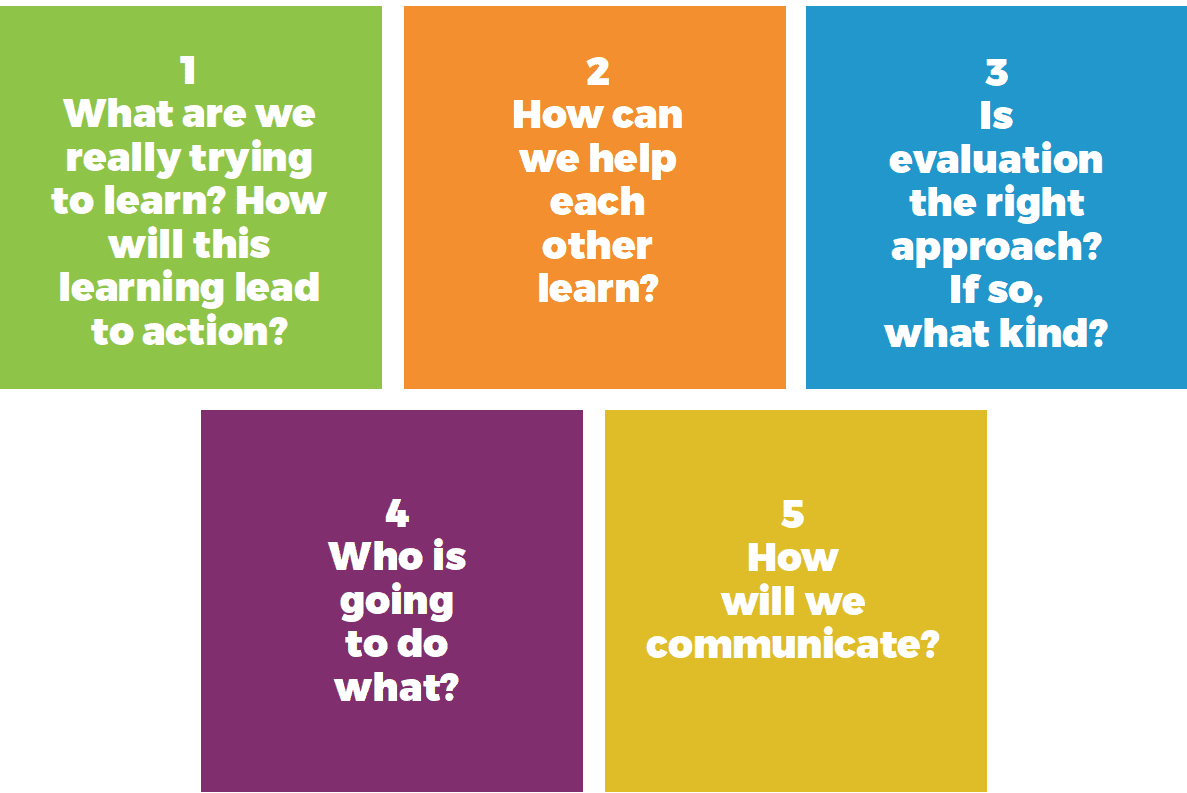
-
What are we really trying to learn? How will this learning lead to action?
Evaluation discussions go better if the focus is on why the evaluation work matters and not just how to do it.
-
How can we help each other learn? Evaluation addresses needs and questions that are important to a range of stakeholders.
When partners value one another’s contributions, evaluations are more useful.
-
Is evaluation the right approach? If so, what kind?
Managing expectations is key to useful evaluation.
-
Who is going to do what?
Buy-in to evaluation increases if people are clear about what they are being asked to do and how it will benefit them.
-
How will we communicate?
Insights and action don’t come from evaluation data. They come from discussions about data.
A new way forward for evaluation
Changing evaluation practices in the nonprofit sector, of course, won’t be easy. It will take time and effort by each nonprofit posing questions directly, and working together as a sector. Yet, nonprofits should be helping to set the evaluation agenda, not mere bystanders in the process. Talking with one another about the purpose of evaluation and the problems that get in the way of fulfilling that purpose is a good place to start.
We encourage you to use this guide in the best way that suits you. You don’t have to go through it in a linear fashion! Some sections may be more relevant to you than others, so jump directly to the questions that resonate most.
Evaluation should be seen as something of value to everyone. Engage your funders, your boards and other key partners on how to do evaluation better, and ultimately, achieve better results for your mission, and the communities you serve.
What do you think?
Let us know how the guide works for you. Share your feedback with us: @o_n_n or [email protected]
